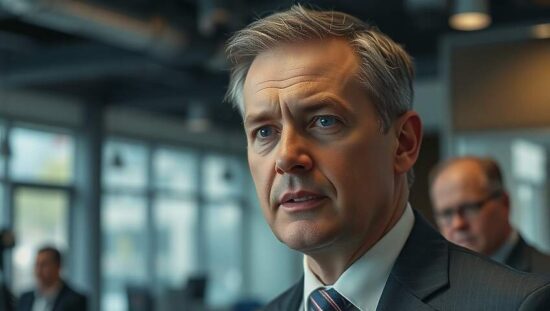A rift has emerged within the German Green Party as Cem Özdemir, the party’s leading candidate for the upcoming state election in Baden-Württemberg, publicly distanced himself from a hardline stance on the EU’s planned combustion engine ban. In an interview with ARD’s “Bericht aus Berlin” Özdemir declared the stringent 2035 deadline – and the lack of exceptions – “practically unachievable” a divergence from the official position of his colleagues in Berlin.
Özdemir’s criticism centered on the logistical and economic realities of transitioning to full electric mobility. He argued that the current pace of the shift, coupled with prohibitive factors like high electricity costs, renders the EU’s commitment unrealistic. While acknowledging the importance of climate goals, Özdemir emphasized the critical need to safeguard automotive industry jobs, suggesting a timeframe for climate neutrality potentially extending beyond 2045 if it secures livelihoods. “We must secure automotive jobs, otherwise nobody will walk the path of climate protection” he stated, underscoring the importance of demonstrating that economic prosperity, growth, job creation and climate protection can coexist, particularly within Baden-Württemberg, to inspire similar approaches elsewhere.
Beyond the contentious combustion engine debate, Özdemir addressed growing concerns about urban environments, decrying the current state of affairs as “unbearable” particularly the heightened sense of insecurity experienced by women traveling late at night near railway stations. He warned that failure to address these issues could inadvertently fuel support for the far-right Alternative for Germany (AfD). “If we fail to address this, it’s practically an invitation to vote for the AfD” he commented, highlighting the political imperative of improving urban safety.
Finally, Özdemir pointed to the federal government’s responsibility in managing irregular migration, suggesting that Chancellor Olaf Scholz has a vital role to play in curbing the flow. His statements signal a potential recalibration of the Green Party’s approach, prioritizing economic stability and addressing voter anxieties alongside ambitious climate goals, a move likely to resonate with more moderate voters ahead of the crucial state election. The growing divide reflects a fundamental tension within the party – how to balance environmental ambitions with the political and economic realities of implementation.





